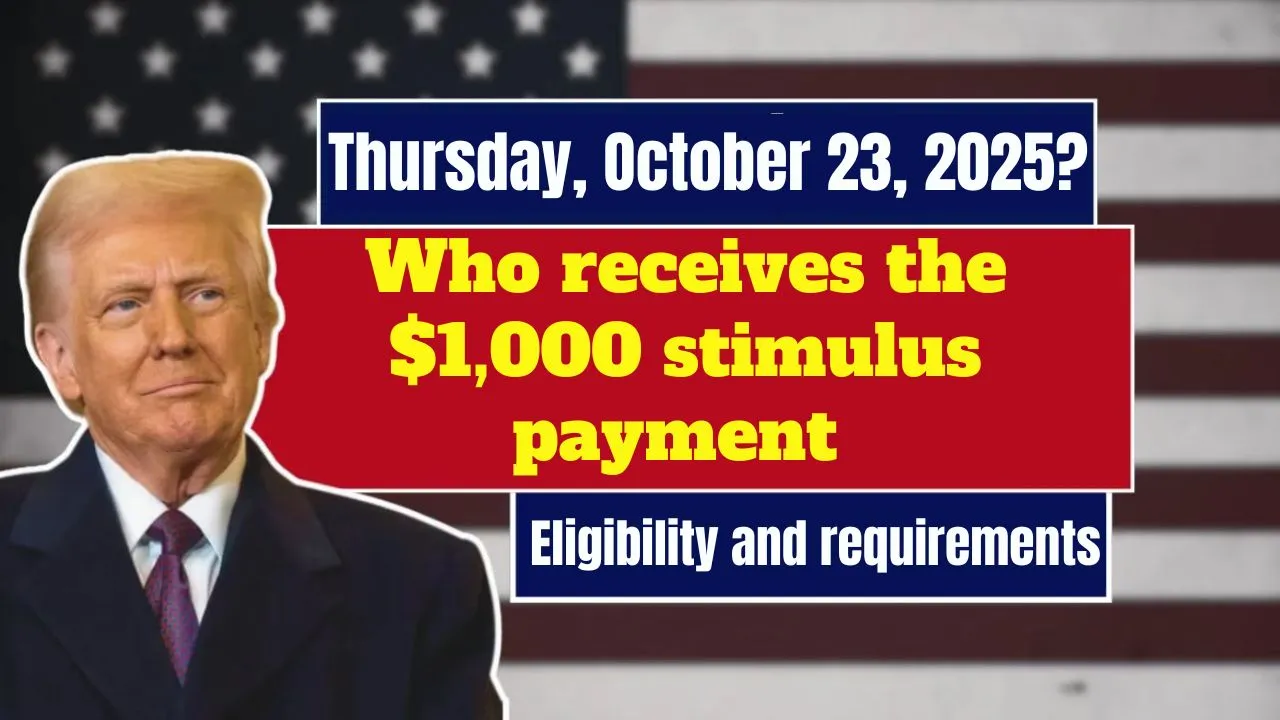End of Paper Checks: The end of paper checks has turned into a national debate, especially for older Americans who still rely on physical mail to receive their Social Security payments. Millions of retirees were informed that they would need to switch to electronic payments, but a critical detail was left out. Now, top lawmakers are calling out the government for what they see as misleading communication and poor handling of the transition away from paper checks.
Many seniors feel blindsided, confused, and anxious about what comes next. This shift is not just a change in how payments are delivered—it is a matter of trust and transparency. In this article, we will break down the issue, explore what lawmakers are demanding, and explain what retirees need to know to keep receiving their benefits without stress or uncertainty.
Why the End of Paper Checks Is Stirring Up Concern
The decision to eliminate paper checks was driven by efficiency and cost savings. But it is not just about moving money faster. It affects real people, many of whom do not use online banking or even own a smartphone. These are retirees who have relied on mailed checks for decades. According to lawmakers, the Social Security Administration failed to tell beneficiaries that they could request a waiver to continue receiving paper checks if electronic options were not suitable.
Without that vital information, many seniors believed they had no choice but to make a switch they were not ready for. That missing detail has caused widespread confusion and opened the door for criticism. Lawmakers now want answers on why such a crucial part of the message was left out and how the agency plans to fix the situation.
Overview Table: A Quick Look at the Key Issues
| Topic | Details |
| Transition Date | September 30, 2025 |
| Type of Change | Shift from paper checks to electronic payments |
| Who Is Affected | Social Security beneficiaries, mostly seniors |
| Main Concern | SSA failed to mention waiver option in notices |
| Retiree Impact | Confusion, fear of losing benefits |
| Congressional Action | Formal letter sent demanding answers |
| Staffing Problem | SSA reduced staff by 12 percent, slowing support services |
| Communication Gaps | Outdated scripts, long phone wait times |
| Waiver Option Availability | Yes, for those who qualify |
| Recommended Next Step | Contact SSA for waiver and verify official notices |
Why the Change Is Happening
The government has been planning the transition to electronic payments for years. Direct deposit and prepaid debit cards are considered safer, faster, and cheaper compared to paper checks. Electronic payments reduce the risk of theft, lost mail, and fraud, while also cutting processing costs.
But not everyone is prepared for this shift. Thousands of elderly citizens, especially those in rural areas or living without internet access, still depend on physical checks. They may not feel comfortable using technology or might not have access to banking services. For these individuals, switching to digital payments is not just inconvenient—it can be overwhelming or even impossible. That is why lawmakers say the option to continue receiving paper checks should have been made clear from the start.
Lawmakers Say the Agency Failed to Tell the Whole Story
The issue came to a head when lawmakers discovered that the SSA’s official notices did not include information about the waiver option. These notices simply instructed recipients to enroll in electronic payments, giving the impression that there were no alternatives. This caused panic for many seniors who believed they would lose their benefits if they did not comply.
Lawmakers argue that this lack of clarity is unacceptable. In their formal letter to the agency, they questioned why such a critical piece of information was left out. They also criticized the SSA for failing to reassure beneficiaries that their payments would not be interrupted. For many older Americans, that uncertainty was frightening and unnecessary.
Fewer Workers, Bigger Problems
Another major factor contributing to the confusion is the current staffing shortage at the SSA. In recent years, the agency has cut around 12 percent of its workforce. That means fewer people are available to answer phones, process claims, and help retirees understand their options.
This shortage has made it difficult for many seniors to get the help they need. Calls go unanswered, appointments are delayed, and the information provided by staff is sometimes outdated. Retirees who are already nervous about the transition are left feeling even more frustrated and unsure.
The combination of unclear messaging and reduced support has turned what should have been a manageable change into a national concern.
What the Letter Demands
The formal letter sent by members of Congress outlines several key demands. Lawmakers want to know:
- Why the SSA did not mention the waiver option in its original communications.
- What actions the agency is taking to ensure all beneficiaries continue to receive payments.
- How the SSA will support individuals without internet access or bank accounts.
- Whether SSA staff will be trained to provide accurate and updated information.
These questions aim to hold the agency accountable and ensure that seniors are treated with respect and care. The lawmakers behind the letter are urging the SSA to provide immediate answers and make changes to prevent further confusion.
What Retirees Should Know Right Now
If you are still receiving paper checks or know someone who is, here is what you should do:
- First, do not panic. Your benefits are not being cut off.
- Check any recent letters or emails from the SSA for updates.
- If you are not comfortable with digital payments, you may qualify for a waiver to continue receiving paper checks.
- Contact your local SSA office or call the national number to request information about the waiver process.
- Be on the lookout for scams. Only trust information that comes directly from official SSA channels.
The transition may be happening, but that does not mean you are out of options. Staying informed and taking the right steps can help protect your benefits and give you peace of mind.
FAQs
Yes, if you qualify, you can request a waiver to continue receiving paper checks.
That is a key question lawmakers are asking. The omission is a major reason for the current controversy.
Contact the SSA and ask about the waiver process. You may still be able to receive paper checks.
Yes, electronic payments are generally secure, but they are not the best option for everyone.
Always rely on information from the SSA website or their official communication. Avoid third-party sources or unsolicited phone calls.
Final Thought
This situation highlights how important clear communication is, especially when dealing with something as essential as Social Security. The move away from paper checks was supposed to streamline the system, but poor execution and missing information have caused unnecessary stress for millions of retirees.
If you or a loved one is affected, take action today. Reach out to the SSA, ask questions, and do not hesitate to request the help you need. And if this article helped you better understand your options, share it with someone else who might benefit from knowing the facts.












